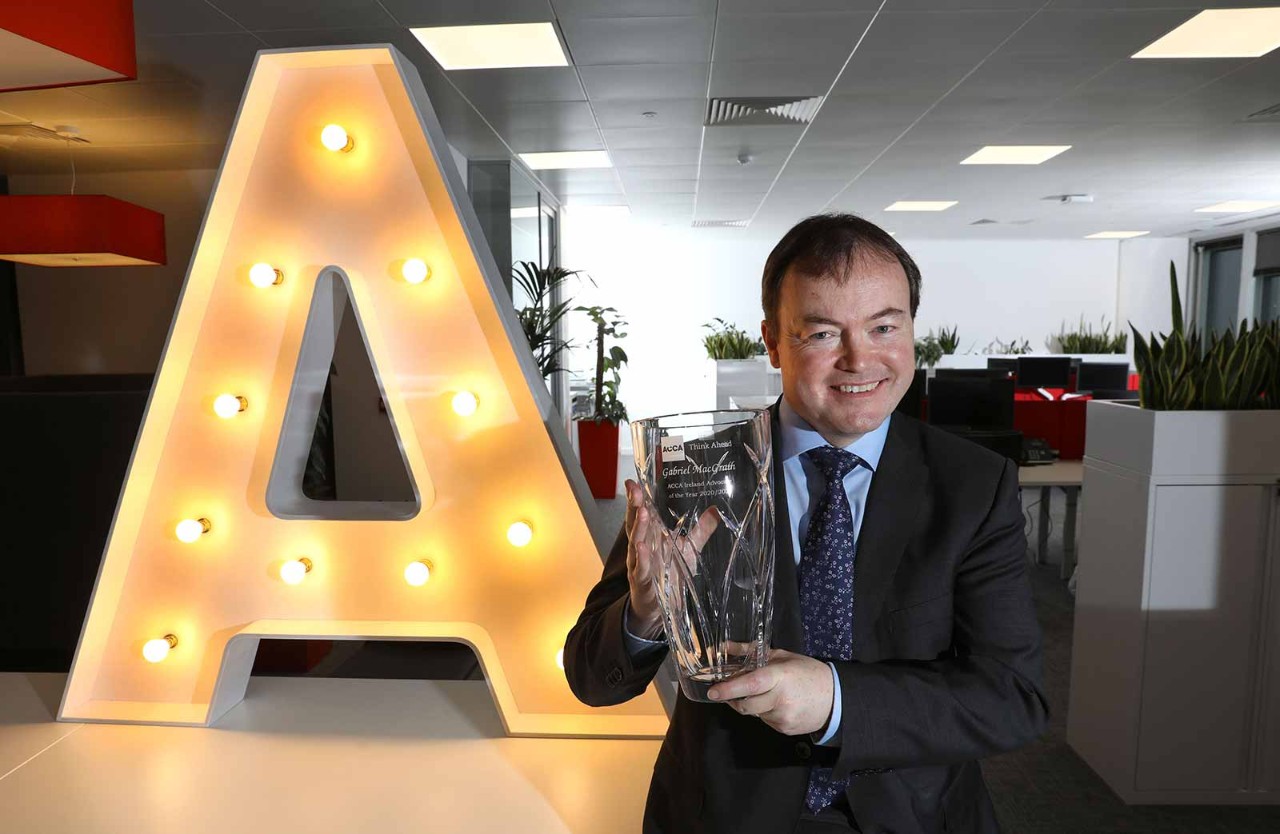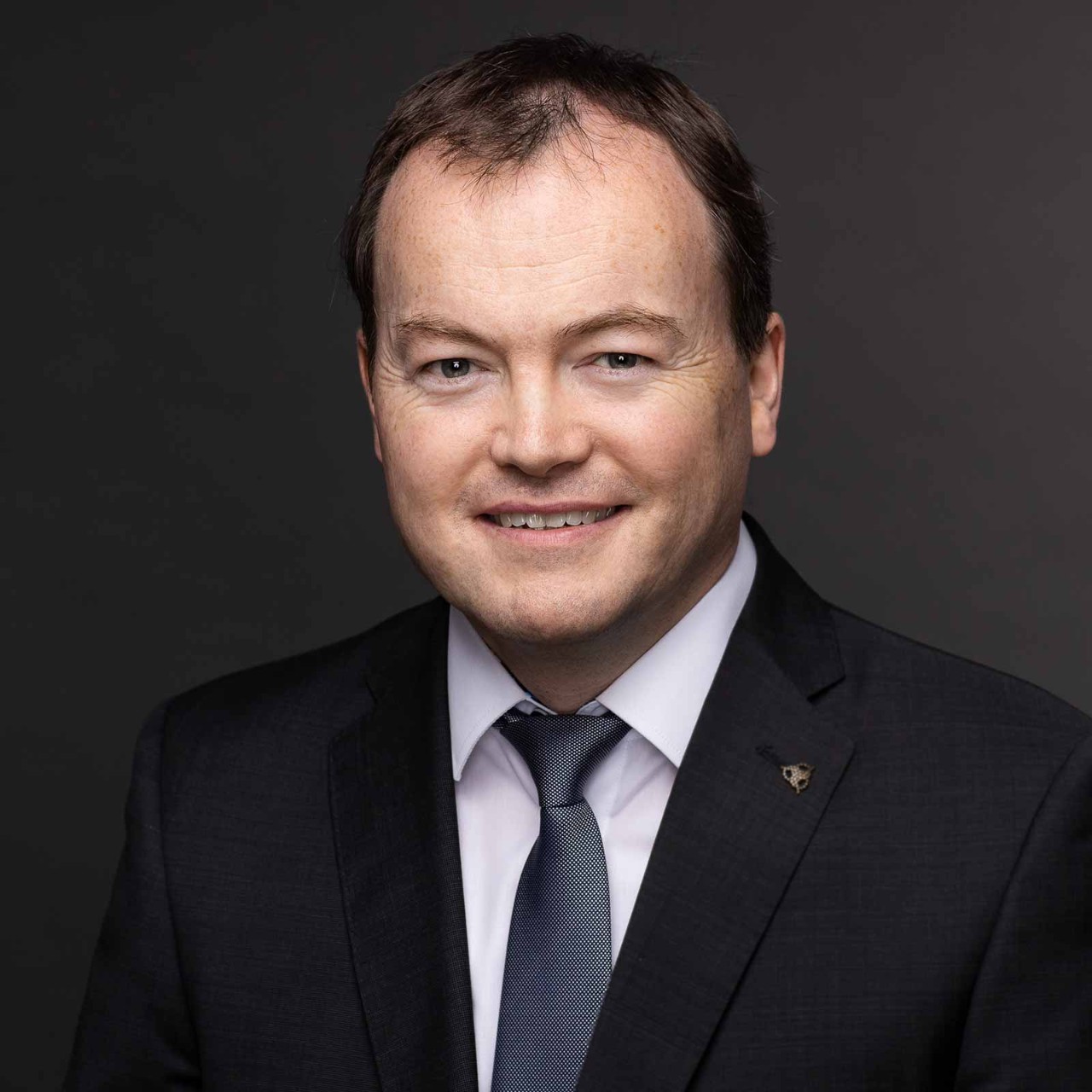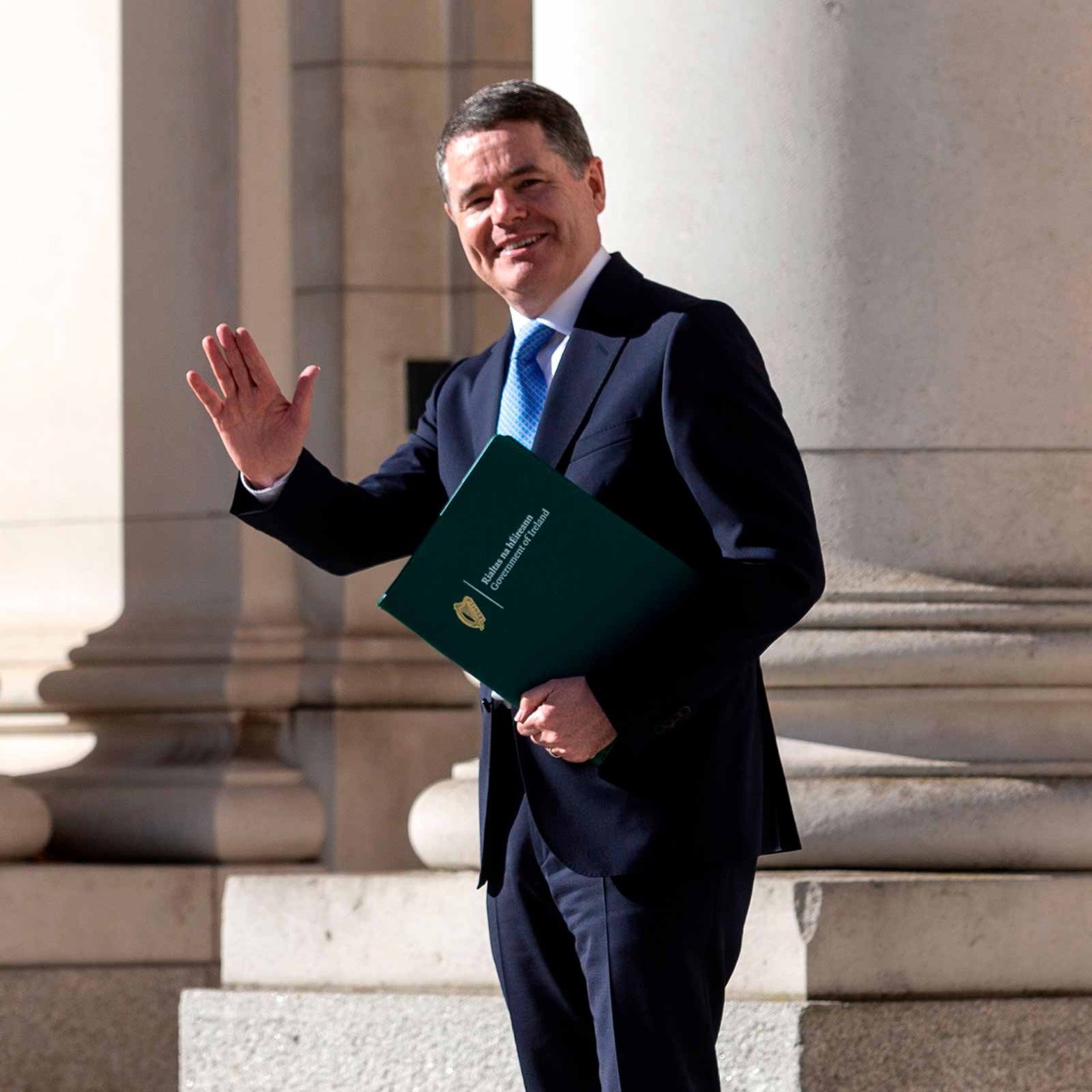
Whether it’s the housing crisis, the future of the office, co-living or the Celtic Tiger legacy, the subject of construction is nearly always headline material in Ireland. It’s a situation that gives the Construction Industry Federation (CIF), the sector’s representative body, considerable public prominence and widespread recognition as an able voice for the building industry.
Less well known, arguably, is the sheer breadth of the organisation itself, which represents seven major building and contracting associations, operates more than 40 different entities and delivers an array of services in areas such as health and safety, industrial relations and training.
Also under the radar is its pension administration service, CPAS, which administers over €2.2bn in funds and savings and operates Milestone Advisory, a firm offering independent financial advice to individuals and companies in the sector.
Add to this the need for three sets of auditors, multiple and ongoing reporting requirements and turnover of €100m, and it’s clear that the role of head of finance is one that brings as heady a mix of challenges as any member organisation can.
It’s also quickly clear from conversation with the person in that role, Gabriel MacGrath FCCA, that it’s a challenge he relishes – not simply on its own terms but for the opportunity to bring others on their career journey, too.
Enthusiasm and commitment
In 2020, MacGrath was named ACCA Ireland Advocate of the Year, an award that recognises not just enduring enthusiasm for the qualification but also practical support for others pursuing it. For MacGrath, it’s a commitment he has shown in many ways over the years, whether lecturing, supporting colleagues to become members, attending school career days or building ACCA’s reputation through the Approved Employer programme.
It’s an approach, he says, that reflects how ACCA has supported him in key milestones in his life. ‘ACCA has provided me with an income, a career and a way of life,’ he says. ‘Membership has allowed me, and many others, to progress with confidence. In turn, I’ve taken pride in promoting ACCA as a coach to many students and members of ACCA over the years.’
‘Life is not a straight line and it’s important to be able to share that experience with others’
CV
2020
Named ACCA Ireland Advocate of the Year
2013
Joins CIF as head of finance
2002
Joins Zed Candy, rising to directorship role
1998
Joins Vision Consulting as financial controller
1994
Becomes member of ACCA and FCCA in 1999
1988
Joins Robert J Kidney & Co as trainee accountant. Studies part time with Griffith College Dublin
Route planner
Prior to joining CIF in 2013, MacGrath gained his experience through senior roles in the fast-moving consumer goods, technology and service sectors. A career that has encountered some crossroads also began literally at one; while job-hunting fresh out of school in the late 1980s, he spied the firm Robert J Kidney & Co while crossing a street in Dublin. On a whim, he submitted his CV.
‘The senior partner saw something in me and took me on as their first non-university graduate,’ he recalls. The chance ‘to start on the ground floor and do a little of everything in a small firm, rather than being stuck in audit in a Big Four’ was pivotal to shaping his outlook, he adds, as was the opportunity that ACCA provided by opening doors when others were shut.
‘I always loved accounting and figures, but if there wasn’t the open access that ACCA provides then I quite simply wouldn’t have had the career I’ve had,’ he reflects.
The move to industry came through a contract with Coca-Cola Bottlers, where a flair for cost accounting confirmed he was on the right path. He would subsequently enjoy his first financial controller role with Vision Consulting, where he also assembled his first finance team. He recalls that ‘they were all ACCAs. In a role like that you need to be able to bring in people you can sponsor and ACCA simply has that golden piece. You can train in industry with a huge amount of flexibility.’
Sweet success
The next move was to ePower, an independent power company backed by Denis O’Brien, that attempted to bring competition to Ireland’s electricity market. From here, he would make the most significant move of his early career, joining the fledgling Zed Candy, which manufactures children’s confectionery and exports worldwide.
Founded in 1999, Zed Candy set itself the mission of shaking up Ireland’s lucrative but somewhat less than innovative confectionery sector. During MacGrath’s tenure as CFO, the company acquired a series of major brands and set up manufacturing operations in China.
He recalls this as ‘a fantastic opportunity that allowed me to work with a whole mix of investors’, with ACCA giving him the credibility that allowed him to ‘sit in front of a bank in Hong Kong, and ask for – and get – the money needed to run the new factory in China’.
The move overseas, coupled with a management buy-out, provided an exit point, as operations moved to China. He was then confronted with the turmoil of the post-Celtic Tiger economy.

Basics
2021
CIF estimates that construction stoppages due to Covid-19 will cost 8,000 units for 2021
2018
Government launches €116bn Project Ireland 2040, linking planning and investment for the first time
2014
Milestone Advisory is established; MacGrath co-founder and director
2007
Former minister Tom Parlon appointed as CIF director general
2006
CIF Pension Administration Services (CPAS) established
1971
Construction Executive Retirement Savings founded
1965
Construction Workers’ Pension Scheme founded
1935
CIF founded
New horizons
It was here that MacGrath says ACCA’s contribution to his life came into its own. A chance opportunity to lecture saw him jumping into the sphere of education while he also gained his public practice certificate, creating a valuable opportunity to be self-employed.
‘When everything went from me, I was able to go back to what I was good at,’ he recalls frankly. ‘ACCA helped me regain my confidence, to get an income and to feel I was on the right track. Very often, people don’t want to say there was a time when they were out of work or looking for a position, but that was my case for two years.
‘Life is not a straight line and it’s important to be able to share that experience with others.’
Future proofing
While by no means in the eye of the storm, Covid-19 has created the biggest challenge the construction industry has seen since the financial crisis. As of early 2021, only essential building work is taking place.
While he understands the thinking, MacGrath points to the standard operating procedures developed by CIF and widely adapted by other industries, that made construction a largely safe undertaking in 2020. CIF also estimates that construction stoppages due to Covid-19 will cost the country 8,000 units for 2021.
On the more perennial issues limiting housing supply, MacGrath says that, while there are many complexities, the most obvious area where change is needed is in planning. The progress he has witnessed during visits to mainland China and Hong Kong brought home what can be achieved when there is the will to do so.
‘You can build a house in 16 weeks and the government is asking us to build 35,000 a year,’ he says. ‘The current restrictions and planning delays hamper our ability to deliver. We need an approach whereby we make decisions and get on with it.’
Working from home, like many professionals during the pandemic, MacGrath sees increased flexibility coming into play in the years ahead – to a point.
‘When people talk about the end of the office, I’m reminded of conversations about the paperless office a few decades ago that were a little overstated,’ he says. ‘I would also have some concerns that the personal connection could be lost through remote working.’
Ensuring that his team is bearing up is also, MacGrath says, forefront in his mind. ‘People need to understand the role of their work and impact within the organisation to achieve the best outcome,’ he says.
The enduring need for human interaction is also what gives him confidence that an artificial intelligence ‘takeover’ of the accounting profession is not quite around the corner.
Change is constant
‘The MD of Coke once told me the most constant thing in any business is change and it’s a mantra I’ve stood by,’ he says.
‘I expect business to change every six months and I don’t get too excited by it. It’s always going to happen. Take, for example, auto enrolment coming in pensions, our mass move to working from home or the fact that construction has had to stop because of Covid-19. No AI is going to cope with that. You are always going to need the human touch.’



